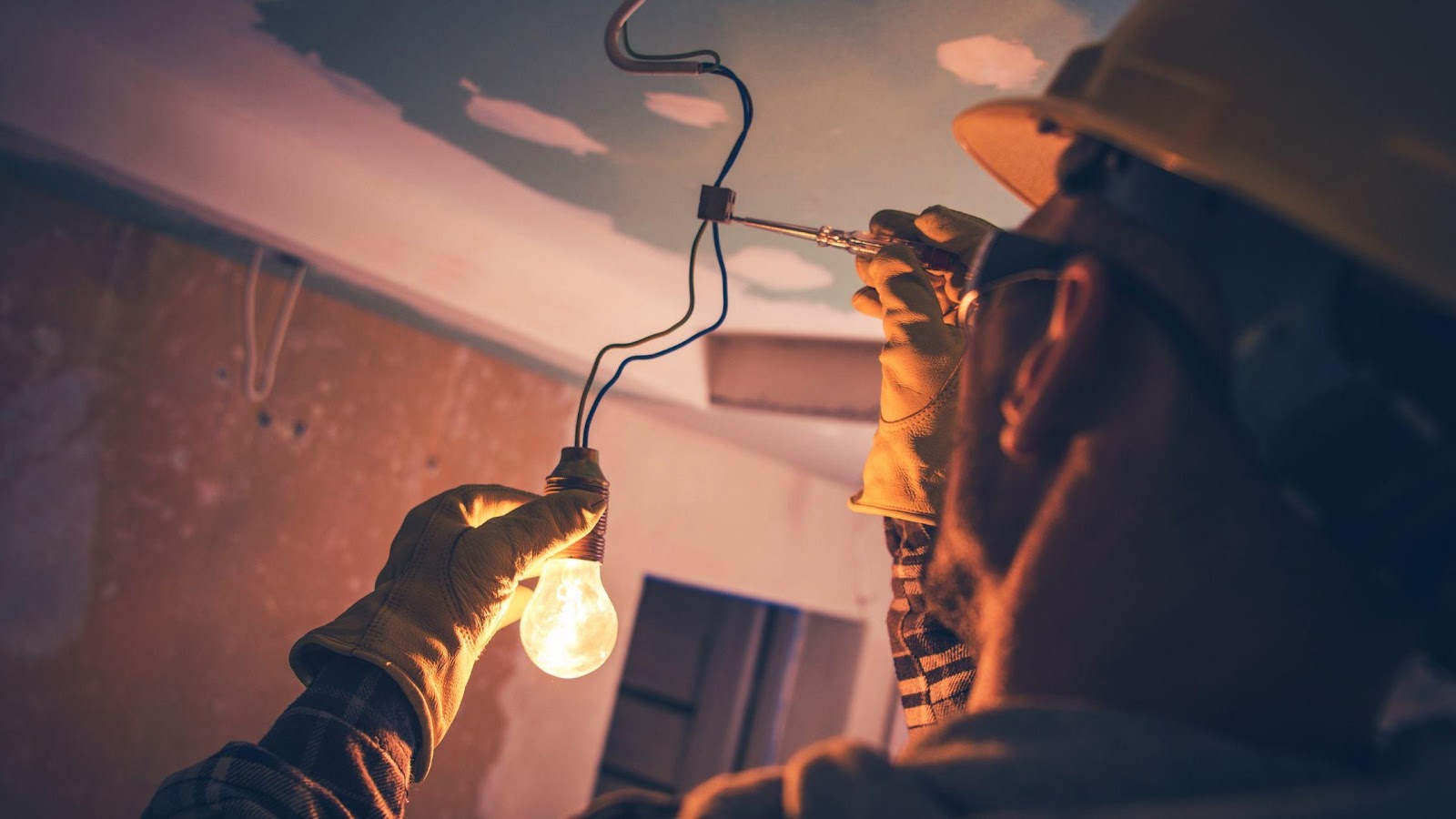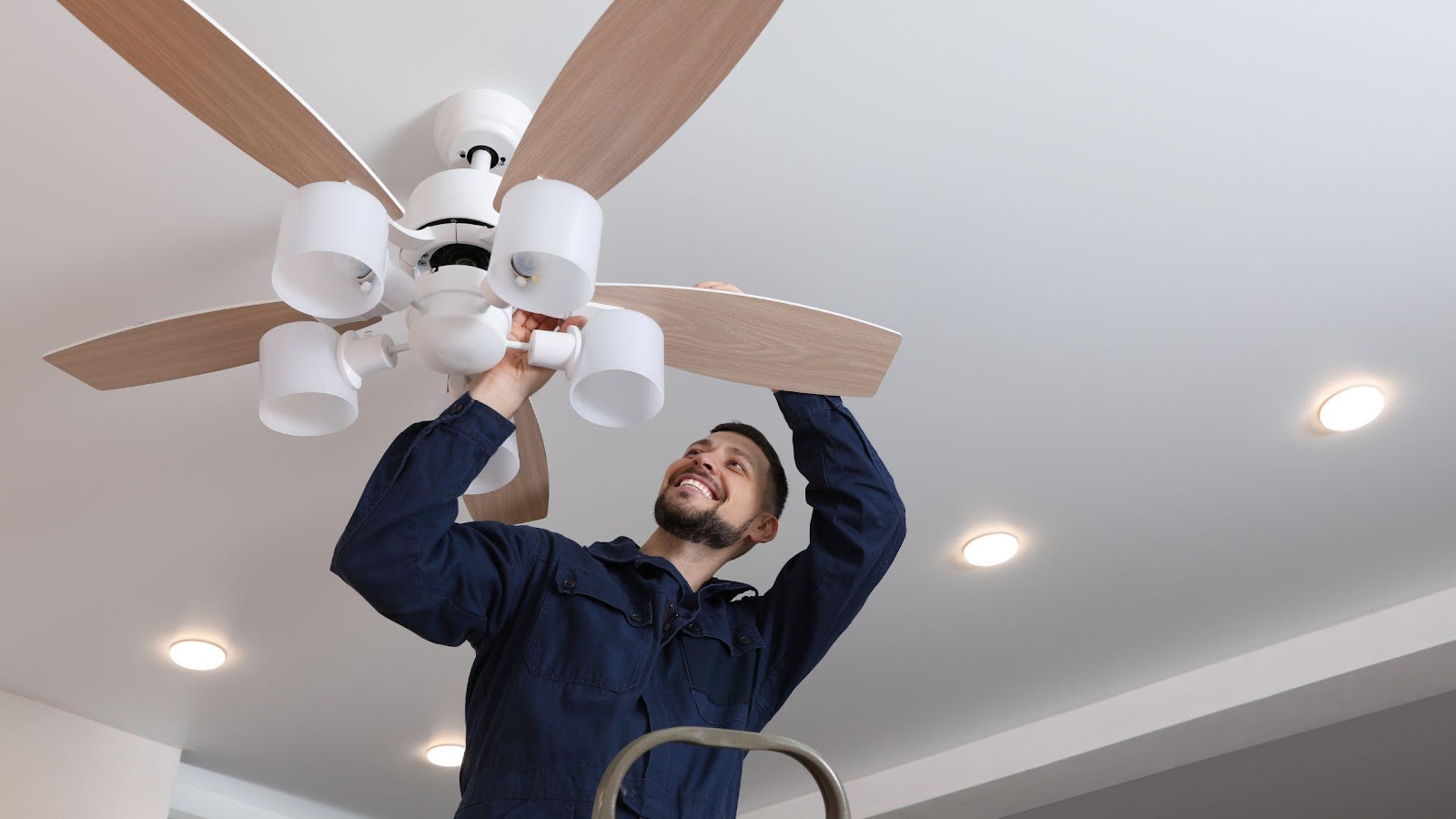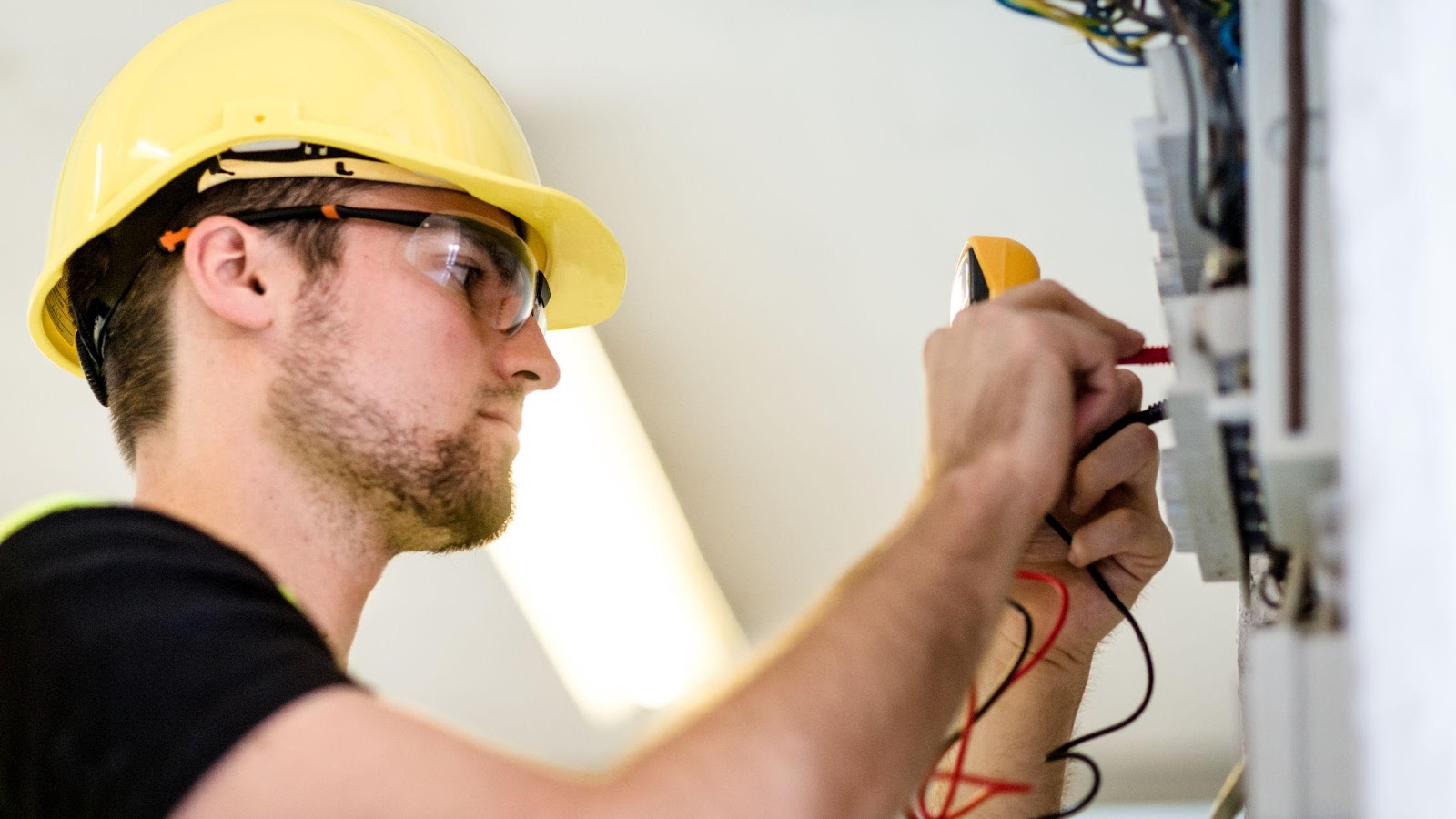DIY or Pro? When to Call a Domestic Electrician for Your Home Projects

Embarking on a home improvement journey can be an exhilarating blend of creativity and challenge. It's a chance to put your stamp on your space, whether you’re flicking on a new set of lights or rewiring a vintage chandelier.
But here’s the million-dollar question: Should you dive into the DIY pool or call in a pro for your electrical projects?
Let’s navigate the electric maze together and discover when it’s safe and savvy to tackle it yourself, and when it’s wise to dial up a domestic electrician.
The Basics
It all starts with knowing your limits. If you're considering a project and you have to Google "What is a wire nut?", you might want to pause and reconsider.
Basic tasks like replacing a light fixture or installing a new ceiling fan are generally within the reach of those with a little DIY experience and a good safety understanding.
However, if basic troubleshooting leads you into the territory of circuit diagrams or local electrical codes, it's a signal to step back.
Electricity is unforgiving, and a small oversight can lead to serious hazards. For anything beyond swapping out fixtures, consulting a professional domestic electrician is your safest bet.

When to DIY
DIY projects can be deeply satisfying and cost-effective. Simple tasks such as changing out light switches, upgrading wall sockets to include USB ports, or installing smart home devices don't typically require extensive electrical knowledge.
With the right tools, clear instructions, and strict adherence to safety protocols, these upgrades can be done personally.
But DIY also means doing your homework. Before you begin any electrical project, ensure you understand the steps involved and have all necessary safety equipment. Turn off the power at the circuit breaker, test to make sure the power is truly off, and only then proceed with your project.
If at any point things look different from what you've researched, it’s time to call a pro.
Recognising the Need for a Professional
More complex tasks—like adding circuits, extensive wiring, or any project that involves the main power supply—demand professional expertise.
An electrician doesn’t just bring tools; they bring knowledge of local codes, an understanding of the existing wiring in your home, and most importantly, a licensure that implies they’re insured against accidents and injuries.
Employing a professional can also prevent costly mistakes. What might seem like a money-saving venture can quickly turn into an expensive catastrophe if DIY efforts go awry.
An electrician will ensure that your home’s electrical systems work seamlessly and safely, protecting your investment in your home.
Long-Term Implications
Consider the future implications of electrical work. Properly executed work not only ensures safety but also adds value to your home.
When you sell your home, you may need to disclose any DIY electrical work. If it doesn't meet local code requirements, you could be forced to pay for costly corrections before a sale can proceed.
A professional electrician guarantees that work is up to code and can often provide certifications of their work for your home records.

Making the Right Call
Navigating between DIY and professional help for your home electrical projects doesn't have to be shocking.
Understanding your abilities, recognising the complexity of the project, and considering the long-term safety and value implications allow you to make informed decisions.
Choose wisely; your home and safety are worth it.